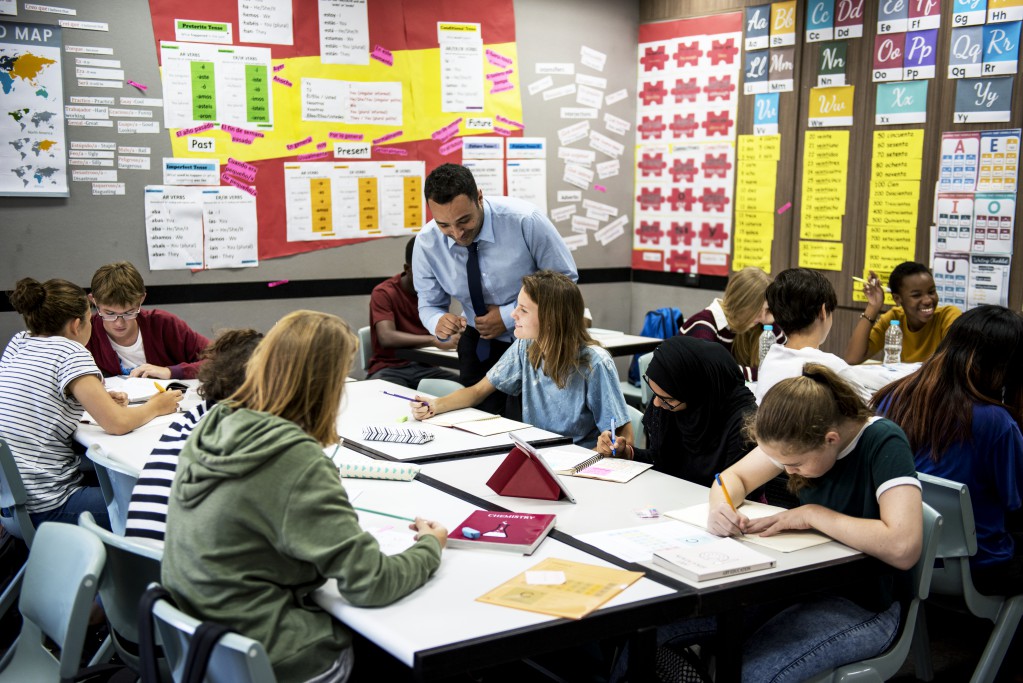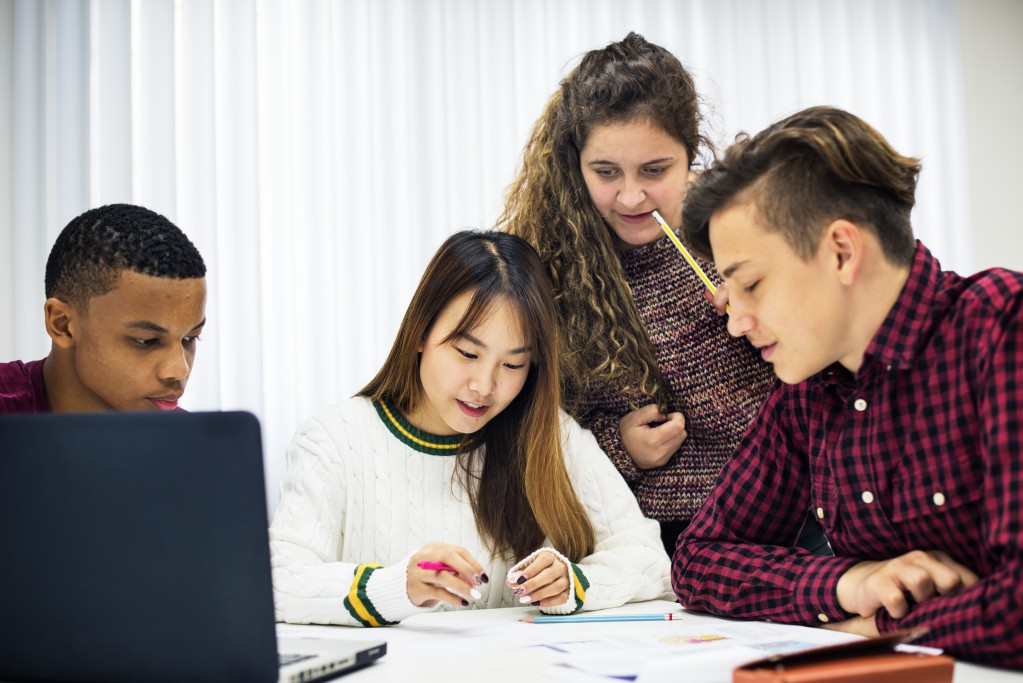
What is the High School and Beyond Plan?
The High School and Beyond Plan is a multi-year process that supports students in exploring their interests, planning high school classes that are aligned to those interests, and tracking work and other relevant experience, graduation status, and achievements. Students take interest surveys, talk with professionals, research job ideas and more to understand careers that might fit their interests and values. The Plan process helps students select and complete the graduation pathway requirement, and it offers opportunities to explore the range of post-high school education and training opportunities, including two- and four-year degrees, apprenticeships, military service, and industry-aligned certificates and licenses. Students also learn about financial aid resources.
I’m a parent or guardian. How should I be involved with my child’s Plan process?
Regularly reviewing and updating the Plan with your child throughout middle and high school is one step you can take. Check in with your student about their Plan regularly – consider asking if you can see it and what your child is doing now to meet their goals. Use this tool to support conversations with your student about their plans after high school. For more information: talk with your student’s teachers and school counselor, look at your school district’s website, and connect with community organizations you trust.
I’m a teacher. What is my role with the High School and Beyond Plan?
All school staff can play a role in supporting students on their education-to-career path. Use your students’ High School and Beyond Plans to understand their interests, and with these contexts in mind, you’ll be able to engage them more deeply with what they are learning in class and help them picture how it could apply to their future. When students feel anxious about the future or think school is not for them, the Plan process can provide a sense of hope and motivation. Seeing a tangible future ahead that is fulfilling and meaningful can improve students’ wellbeing and engagement in school and in life. Learn more at www.readywa.org/HSBPforteachers.
I’m a student. What can the High School and Beyond Plan do for me?
School is a busy time, and keeping track of everything can be overwhelming. The High School and Beyond Plan can help you choose classes and get involved in activities to discover and prepare for possible jobs that would be a good fit for your interests. Whether you have a clear picture of your future career or if you have many career aspirations, a little planning in high school can go a long way toward getting you ready for future careers. If you have no idea what your future looks like, that’s okay! The Plan process can help you explore, learn about yourself, and give you ideas. It’s also okay if you change your mind over time as you grow and try new things. Find more resources here.

When do students start working on the Plan?
Students begin their Plans by 8th grade. Each school determines specific timing and activities that students use to launch and refine their Plans during school time.